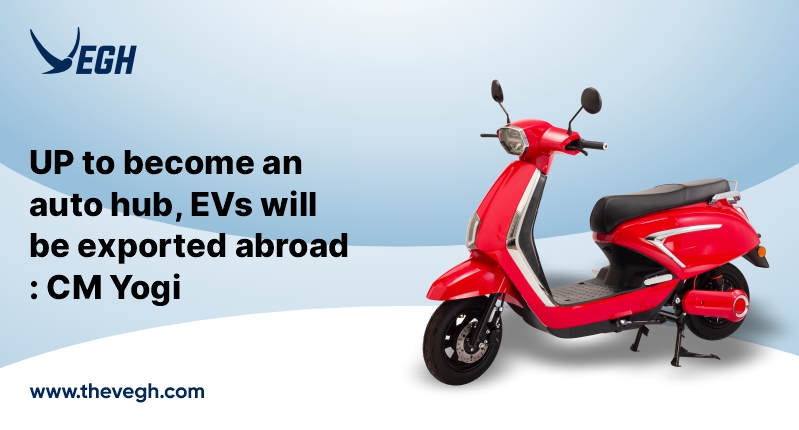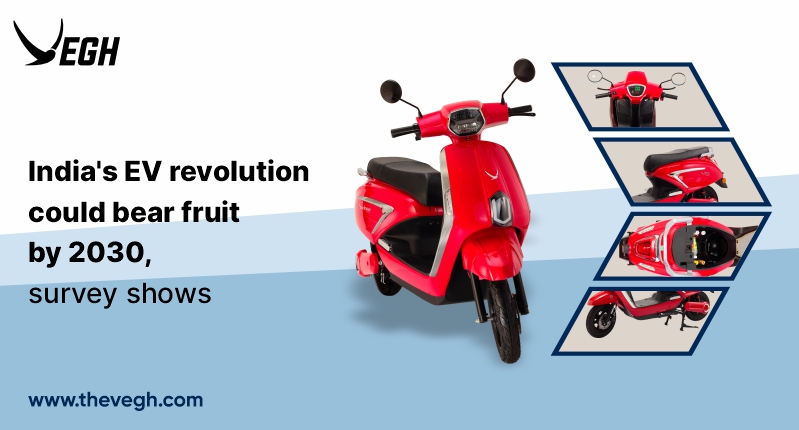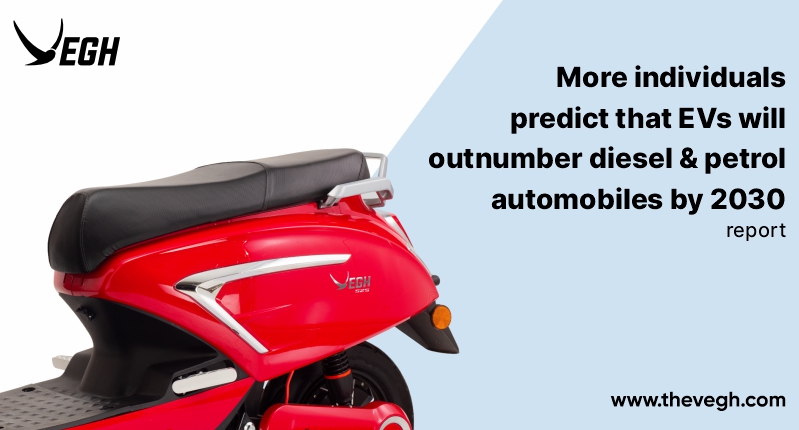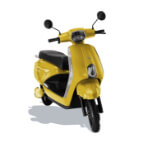
The market of EV components in India will rise to 11% approximately by FY-27. In terms of valuation, it is estimated to be valued at Rs. 72,000 crores. Crisil published this information in one of their research report on the Indian EV Market.
For the Indian component industry, the electric vehicle market presents both an opportunity and a challenge. Many conventional IC-vehicle components face the challenge of becoming obsolete in the EV space. Still, on the other hand, demand for new products could spur growth for the nascent industry.
According to a report by Crisil, the EV share in auto components will likely increase from its current 1% to 9–11% by fiscal 2027. This will increase from Rs 4,300 crore to Rs 72,500 crore in fiscal 2027 at a compound annual growth rate of about 76%. It forecasts that in addition to this, the supply of parts for vehicles powered by internal combustion engines (ICEs) will increase.
“Improving cost viability of EVs versus ICE vehicles and rising consumer demand for environmentally cleaner mobility will drive the transition to EVs,” said Pushan Sharma, Director of Crisil Research. Two-wheelers and passenger vehicles, two of the significant auto segments, are expected to lead the transition, increasing their penetration to 19% (from around 2.5% currently) and 7% (from less than 1% currently), respectively, over the next five fiscal years. Due to unfavorable economic conditions, commercial vehicles, the other significant auto segment, will see much lower penetration at around 3 percent (from 0.3% currently).
According to a study based on an examination of 220 suppliers who collectively make up one-third of the market for auto components, the switch to EVs will present both opportunities and difficulties.
“EV components such as batteries (60% of EV component revenue by fiscal 2027), drivetrains (15%), electronics (15%), and others (10%) present an opportunity for auto component makers to diversify their revenue base beyond ICE vehicles,” says Naveen Vaidyanathan, director of Crisil Ratings. Companies are already investing in electric component development, working with modern pure-play EV manufacturers and well-established ICE OEMs. Nearly 90% of EV component supplies will be provided for two-wheelers and PVs.
The traditional auto component suppliers’ body parts, chassis, suspension, electrical, braking, lighting, and seating divisions generate about 75% of their revenue. Growth shouldn’t present a problem for such suppliers because these will also be needed for electric vehicles. With incremental investments, businesses can partially re-engineer EV products, even though they might need to.
According to Crisil, the transition to EV could present difficulties for the remaining roughly 25% of auto component supplies that are specifically geared toward ICE engines and transmission components. These include components essential in ICE vehicles but unnecessary in EVs, such as starters, alternators, fuel injectors, radiators, gearboxes, clutches, pistons, cylindrical blocks, and exhaust systems.
It concludes that this transition will also be quicker for two-wheelers, putting component manufacturers with concentrated exposure to the market at greater risk than those who supply PVs or CVs. According to the report, “For example, engine and transmission component makers who primarily supply to two-wheelers account for only about 6% of the revenue of auto component companies rated by CRISL Ratings.”
Interestingly, most auto component manufacturers (roughly 50%) serve multiple end markets. By providing EV components and expanding their portfolio of non-auto and industrial products, businesses are also attempting to reduce the risk associated with their models.









